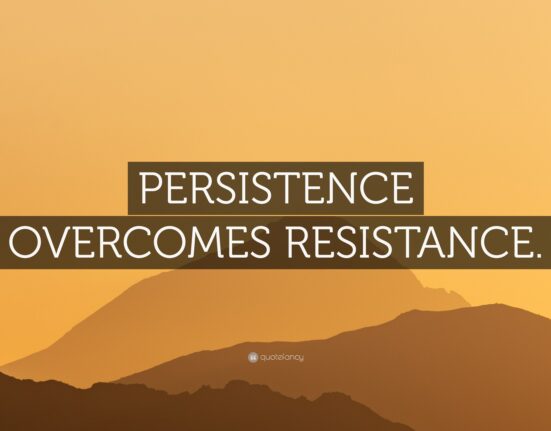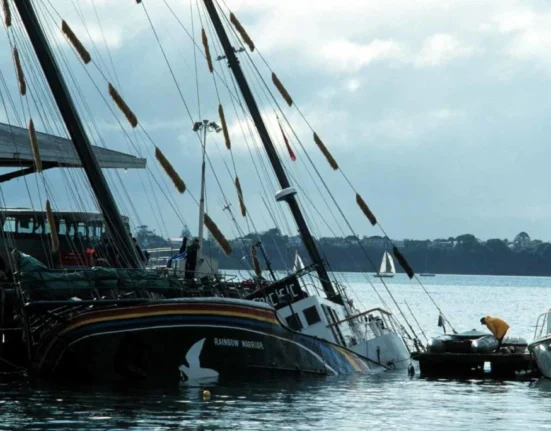In the quest for a more sustainable world, one expert stands out: Cees J. N. Buisman, who emphasizes the critical importance of transforming wastewater treatment into a system that closes the nutrient cycle for a fairer, healthier, and cleaner future.
Imagine a world where every drop of water is purified to its fullest potential, where wastewater is not just disposed of but utilized to its maximum capacity. This vision is what drives experts like Buisman to push the boundaries of environmental sustainability.
Buisman’s work at Wageningen University in the Netherlands and Wetsus, the Centre of Excellence for Sustainable Water Technology in Leeuwarden, underscores his commitment to revolutionizing how we view and treat wastewater. In his recent article published in Nature Sustainability, he articulates the essence of striving for coherence in our approach to water resources management.
According to Buisman,
“Transforming wastewater treatment into a closed-loop system is not just about improving efficiency; it’s about fundamentally reshaping our relationship with water and the environment.”
This shift towards circularity holds profound implications for society as it paves the way for a more integrated and sustainable approach to resource management.
By closing the nutrient cycle within wastewater treatment systems, we can harness valuable resources such as phosphorus and nitrogen that are essential for agricultural productivity. Buisman highlights that this approach not only reduces environmental impact but also contributes to greater resource security in an increasingly interconnected world.
The concept of coherence advocated by Buisman extends beyond technical solutions; it encompasses a holistic perspective on sustainability that considers social equity and ecological integrity. He notes,
“Achieving coherence in our actions requires us to think beyond individual components and consider the broader implications of our choices on future generations.”
Experts in the field laud Buisman’s emphasis on closing the nutrient cycle within wastewater treatment systems as a transformative step towards achieving long-term sustainability goals. Dr. Lisa Chen, an environmental scientist specializing in water management, remarks,
“Buisman’s visionary approach challenges us to rethink traditional paradigms and embrace innovative solutions that align with nature’s inherent cycles.”
As societies grapple with pressing environmental challenges such as water scarcity and pollution, Buisman’s call for coherence serves as a beacon of hope for realizing a more harmonious relationship between humanity and nature. Through collaborative efforts across disciplines and sectors, we can pave the way towards a regenerative future where every drop of water holds untapped potential for sustaining life on Earth.
In conclusion, Cees J. N. Buisman’s advocacy for transforming wastewater treatment into a closed-loop system represents a paradigm shift towards creating a more sustainable and resilient future. His insights challenge us to reevaluate our current practices and strive towards greater coherence in managing our precious water resources—a journey that promises benefits not just for ourselves but for generations yet to come.









Leave feedback about this